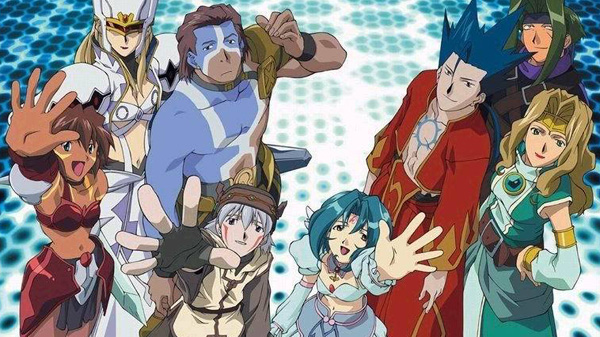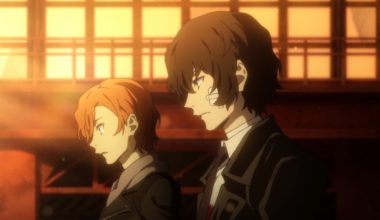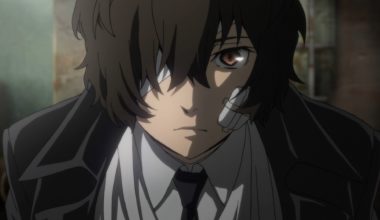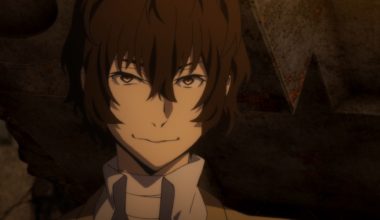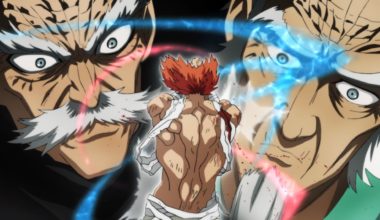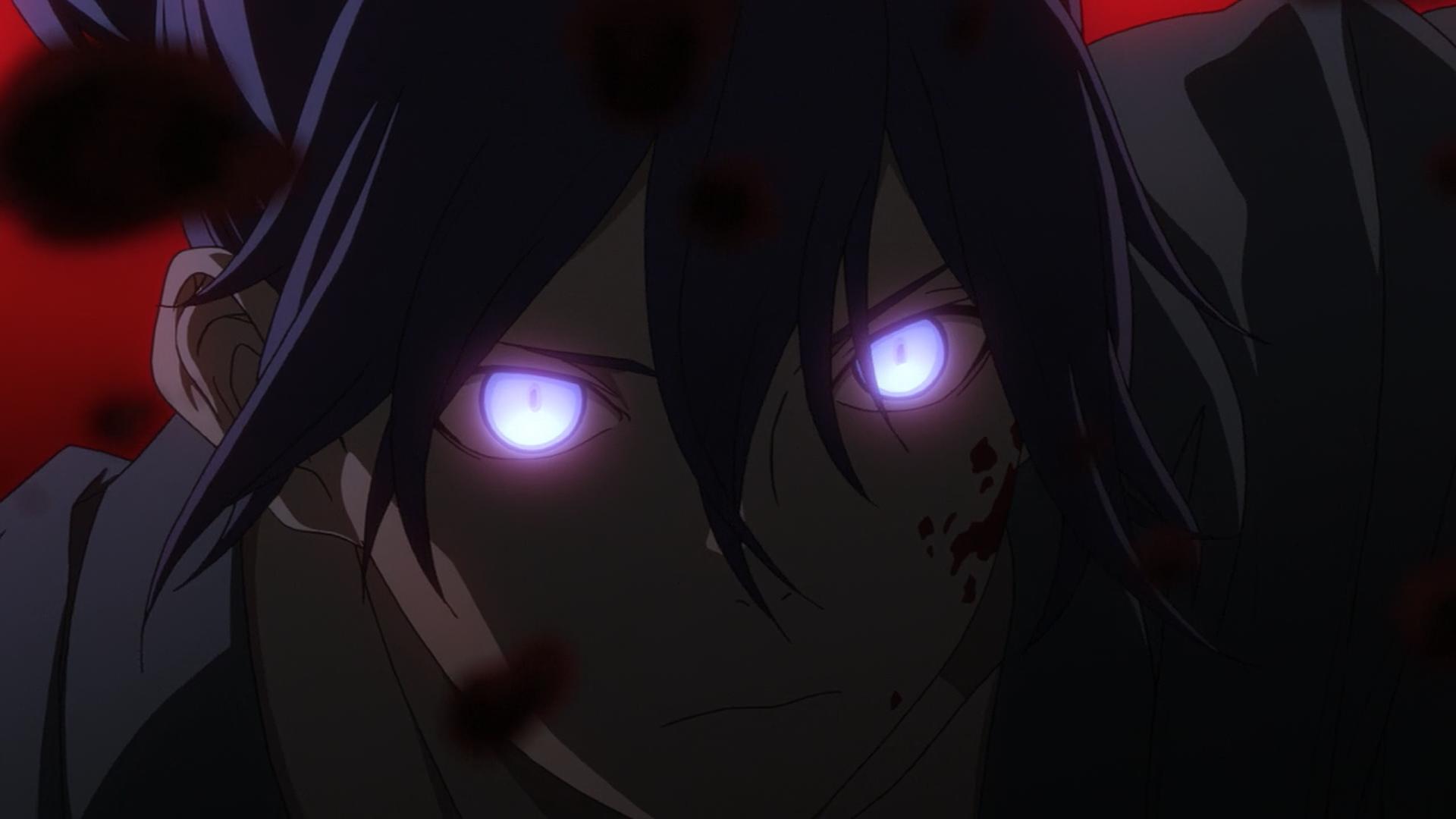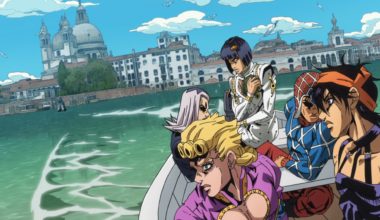When the west was experiencing the latter half of the anime boom in the late 90’s early 2000’s, it could also have been considered an era that was great for shonen shows. Yu Yu Hakusho, Rurouni Kenshin, G Gundam, Dragonball Z – everywhere you looked, you were given a dose of what the medium really had to offer. But wasn’t there something missing?
Around 2003 (at least, for the west) came .hack//sign. I still remember Toonami’s promo for this. The character designs were very unique, the world seemed steeped in a different kind of fantasy not necessarily drawing from eastern designs, and the music was phenomenal. I don’t say that lightly, this show has one of the best scores you will ever hear. I understand that your mileage may vary when it comes to something largely reliant on your taste like music, but I would think even then you could objectively recognize a great composition when you hear it. There was a level of thoughtfulness to everything not previously observed.
.Hack//Sign was something very different at the time. An anime set inside of an MMO? The MMO is played via virtual reality headsets? Of course even then, this idealized future was an incredible draw. But this is all surface level. What does .hack//sign offer amidst the sword art onlines and log horizons of today?
First off, I must say that my perspective on some things, watching this show 16 years later, greatly differs from when I initially watched it. On the other hands, some things I feel the exact same about. Goes without saying, right? Let’s get into it.
First, let’s talk about the plot and the characters. .Hack is a show about a character who is unable to log out, named Tsukasa. Much of the mystery of the show is extrapolated from his unusual circumstances – for example, how could someone be unable to log out of something that is just a game? The implication is that the game holds some greater control over everyone’s personal well being – the ability to cause a player to become comatose, for example. Right in the very first episode, this line is crossed and it is shown that dying in the game via unusual circumstances related to Tsukasa has real world implications as well. Naturally, this lends the show a lot of time to be very thoughtful – there is very, very little action in .hack and if that’s what you’re after, it’s probably not the show for you.
When this first aired on TV I remember being fascinated by Tsukasa – what was his purpose, what did he live for, how did he view the world? The show never puts you in the perspective of any one character – you are as a third party observer. This means no introspective thoughts inside the character’s head, and you are often left to draw your own conclusions. Tsukasa’s actions framed this way paint him as an enigma. My perspective on his character shifted a little bit in my recent rewatch – I couldn’t believe what a brat he is, haha. I certainly don’t remember having that impression of him the first time.
Sometimes the show will shift and show you the perspective of the characters in the real world. Curiously enough, this is never done with dialogue (although sometimes they do ‘cheat’ with on-screen text), which gives a little perspective into the circumstances behind the players themselves. .Hack is very much a heavy character drama, with the plot elements themselves mainly being the avenue for many of these character developments. For example, we notice the player Bear take an interest in Tsukasa as though out of duty, as though Tsukasa were his own child. We later learn that Bear has gone through a divorce and suffers a strained relationship with his own son and ex-wife. It’s heavily implied that his actions are out of duty to succeed where he previously had failed. BT is shown to have difficulty trusting even close friends – her real world counterpart rips a high school reunion paper and thrusts herself back into the game to forget her real world troubles. There is definitely something to each of them beyond the pale of the typical anime tropes, and I’d argue the very thoughtful pace of .Hack allows these themes to be explored in a way that most other anime would find “uncomfortable”, for lack of a better word (“Wait, what do you mean there was no fanservice or jokes in 10 minutes??”)
The show’s score is incredible – the angelic tunes composed by Yuki Kajuira are, in my opinion, her best work and the reason why I have remained a fan this many years later. I’d say that “Aura”, “Key of the Twilight”, “Secret Projects”, “In your mind”, and “Broken Wings” are high points for me.
The dub itself has also aged quite well. Bandai only used veteran voice actors who were, in my opinion, the best of their time and it shows in the voice direction. Paul Mercier, despite his limited roles, is probably one of the strongest as Bear. I’d also point out that fan favorite Lex Lang is as great as I remember as Crim. The only part you can tell that english anime dubbing wasn’t really good at yet were the small grunts and growls that are very common – they were a little awkward. It took us about a good decade or so to get really good at those, haha.
The show excels most through the pacing, which is thoughtful, meaningful, but slow. Character alliances are drawn out through subtext in their interactions – there’s not really any hamfisted “X is my friend!! I gotta save my friend!” nonsense here. .Hack definitely respects your intelligence and I wouldn’t say it’s a light watch – it doesn’t require anything ridiculous but you definitely need to pay attention to all the details in order to appreciate the most of the show, because most of those details are revealed in the dialogue. The show is very dialogue heavy.
There are some places in which .hack shows its age, however. The character designs, while fantastic, are definitely very dated in early 2000’s anime. There’s also not a lot of world building – most of it is implied through monster designs, the character designs, the gates, that sort of thing. I’ll say that this is something that anime in today’s age are not any better at, however.
My final note is that .hack is actually a prequel for many ps2 games that continue the story that is started here. I’ve actually never played those games, and I can tell you the only fallout this has is in leaving the ending very open ended. That said, it’s still an excellent show worth your time if you can handle the thoughtful pace.
